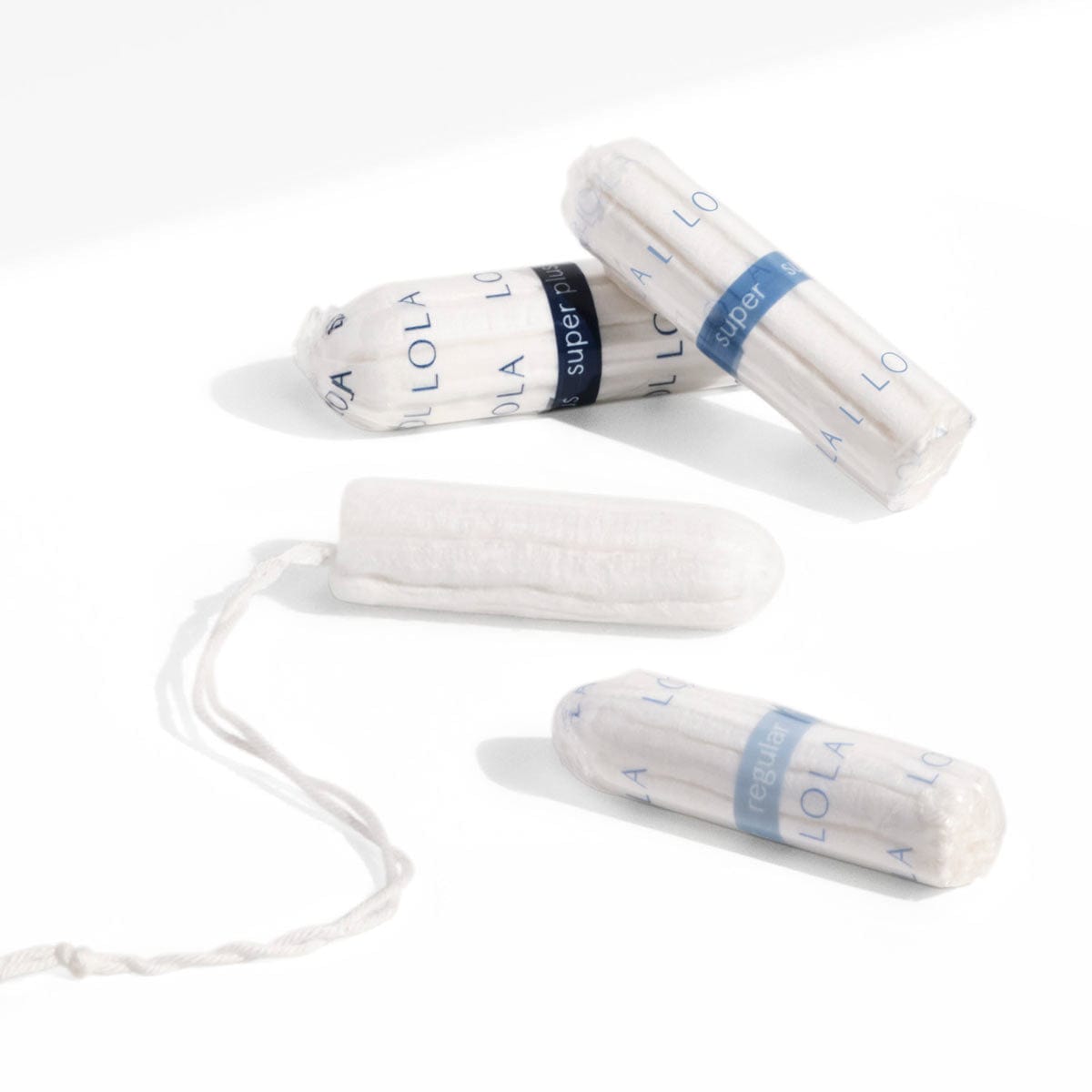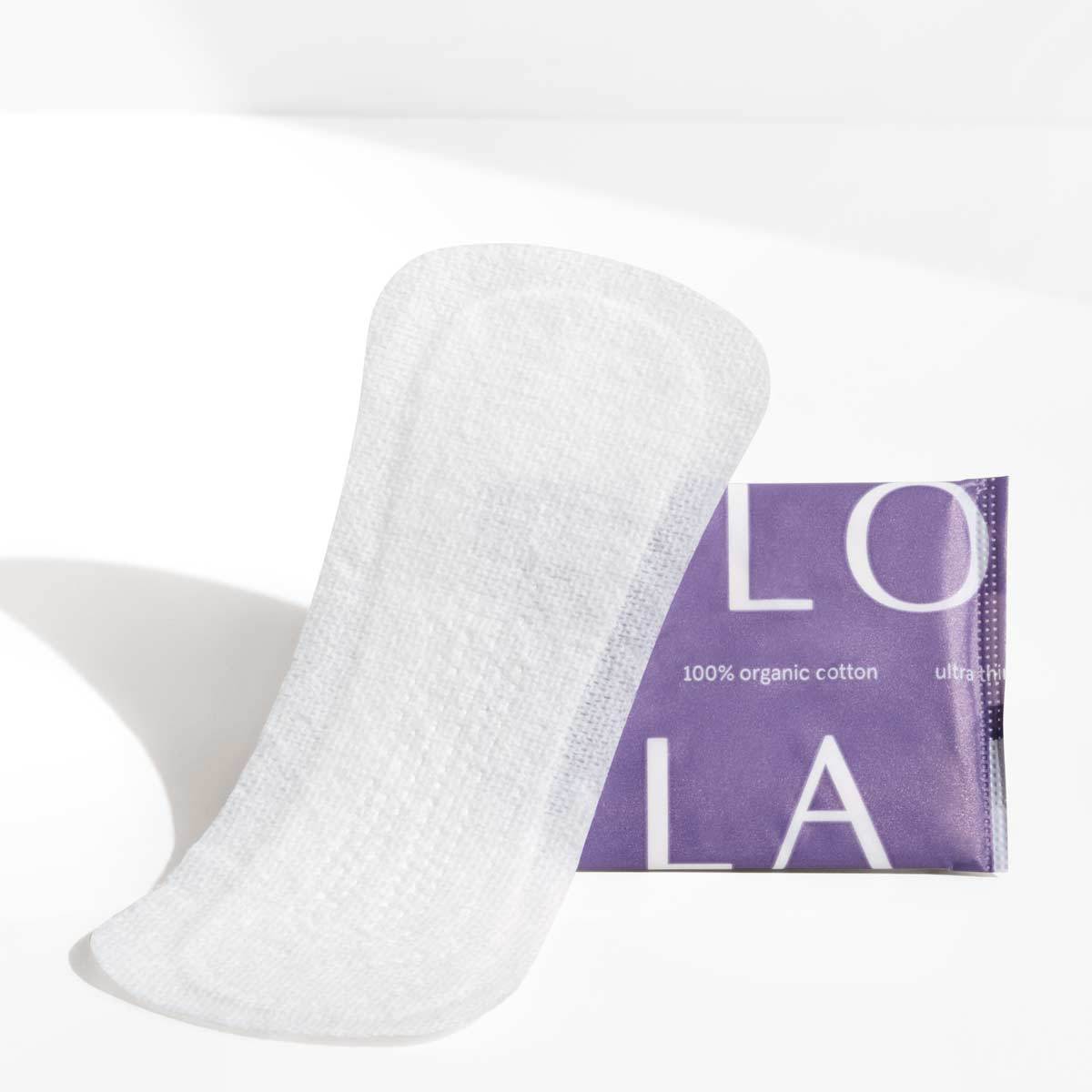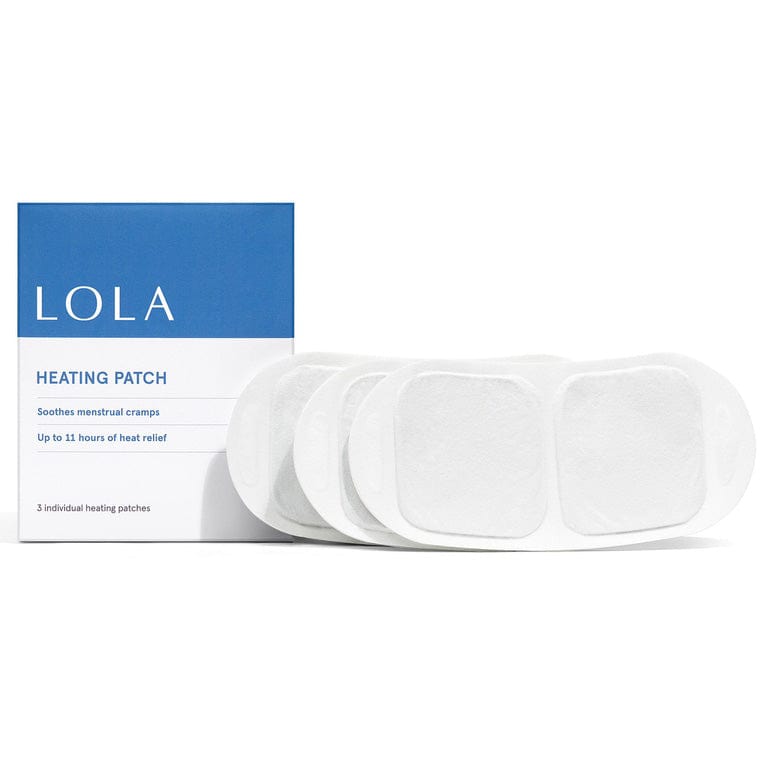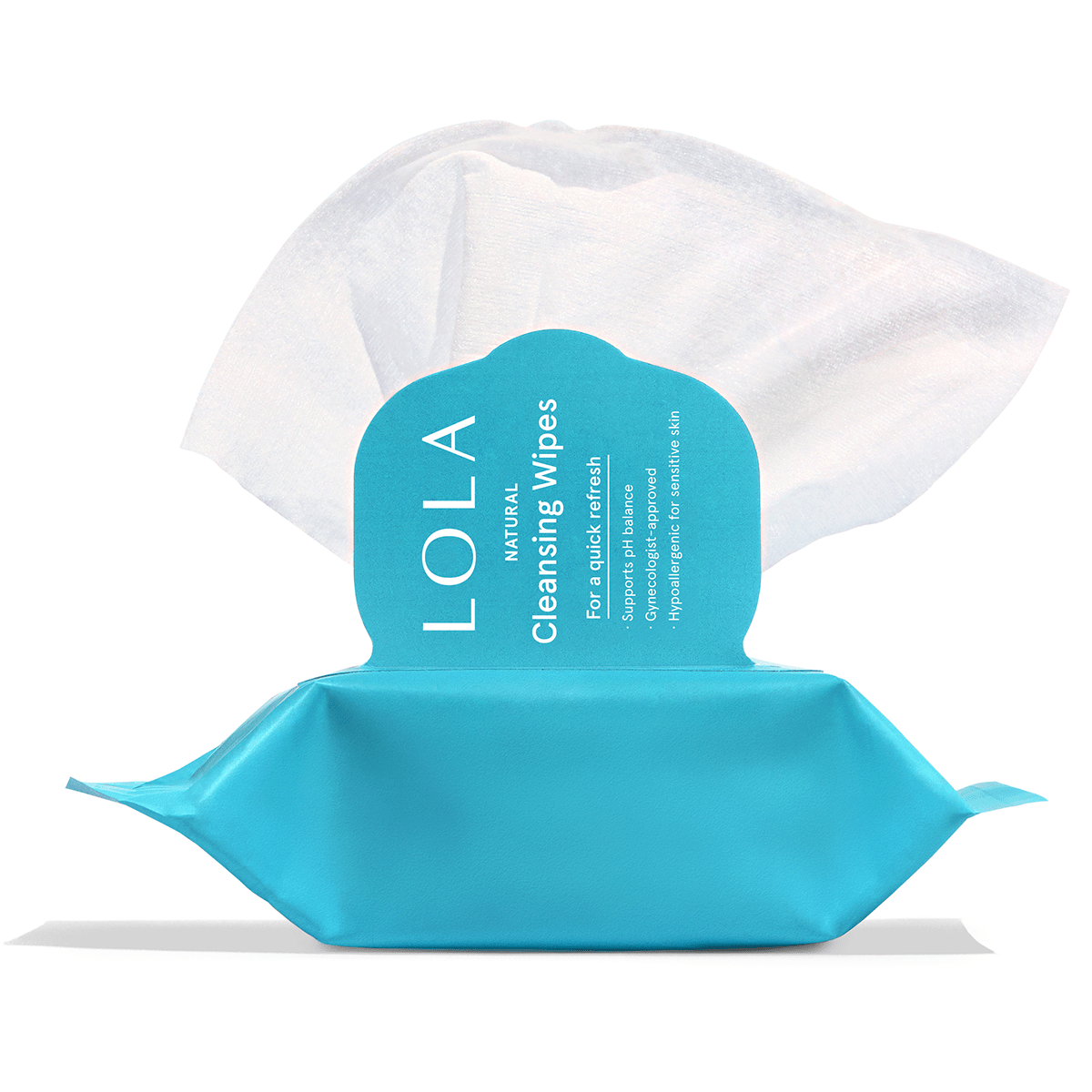Here’s the thing. No one wants to feel like their body is punishing them for doing the right thing, right? Right. And using a condom is the right thing to do for so many preventative reasons.
So then how is it that even with that hard work you’re putting into your safe sex life, your body feels like it’s struggling to get on board with your wellbeing? You buy the condoms, you bring the condoms, you use the condoms, you bask in the glow of great sex, and then you’re off and on your way. But somewhere in that process comes pain, irritation, and frustration–all from safe sex? That can’t feel rewarding, and we know for a fact it does not feel good.
The good news is: there is only good news from here on out. First, you should always feel empowered by the control you have over your sexuality and safety. Safe sex is good sex. Second, even with all that discomfort, you don’t have to let it break your sexual spirit. You could simply be experiencing condom irritation, which is manageable!
We know that condom irritation is not only difficult to deal with in terms of the physical symptoms, but it can also begin to feel burdensome as the emotional and social effects impact your sexual health and relationships.
In this article, we'll discuss the potential for condoms to cause irritation, focusing on causes like latex allergies and lubricant sensitivity. We’ll also share helpful information on identifying symptoms and alternative materials for condoms to help you experience comfortable condom use, all while addressing common concerns and misconceptions.
Introduction
Vaginal irritation after sex is actually more common than you might think, given that the range of things that can irritate your vagina span from dryness and itchiness to serious infections. There are many things that can trigger an onset of discomfort, so we encourage you not to get hung up on the idea that something might be wrong with you. Instead, see this as an opportunity to focus on understanding your body and its symptoms. Ultimately in doing so, this will help you find out if the irritation requires medical attention and/or treatment. Furthermore, the importance of understanding condom irritation symptoms specifically for your overall sexual health is a critical first step to take, which could help you and/or your doctor with the process of elimination.
Causes of Condom Irritation
Knowing that many products are made from latex, coming into contact with latex is very common, and our biggest exposures include gloves and condoms. In the instance of latex gloves, our hands may itch or feel irritated, and with topical intervention, we can remedy the discomfort fairly quickly. But did you know that women are more likely than men to experience symptoms of a latex condom allergy? You might be wondering, can condoms cause irritation in females? In the instance of condom material, yes, because the latex may actually trigger a more severe reaction since latex enters your bloodstream faster through vaginal mucus membranes than regular skin. There are three types of reactions to natural rubber latex, and they can trigger different types of reactions.
You might be thinking, “I’m sure it’s not latex allergies and condoms,” either by self-diagnosis of trial and error and/or clinical diagnosis. But condom irritation can also come from what’s on the condom. Spermicides like Nonoxynol-9 are used in certain lubricants and pre-lubricated condoms and can cause vaginal irritation and inflammation. Chemical sensitivities to lubricants can lead to repetitive physical irritation.
Personal lubricants are made to enhance sexual pleasure, but it’s good to make a habit out of reading up on the ingredients before usage. This will help you avoid chemicals and preservatives like glycerin, parabens, and propylene glycol that can cause irritation or even an overgrowth of bacteria, leading to a yeast infection or bacterial vaginosis.
Symptoms of Condom-Induced Irritation
Condom-induced dermatitis can make your skin red, swollen, and itchy. You might get hives or a rash on your skin. Allergic reactions can start within a few minutes or hours of exposure to latex, but dermatitis symptoms can start within a day or two of contact with latex and develop into an incredibly symptomatic allergic reaction over time, becoming more severe with each exposure.
It’s important to differentiate between irritation and other conditions. If the itchiness is persistent or infection-like symptoms (discharge, intense pain, fever, nausea) are present, it could be an infection or pregnancy, and at that point, it would be critical to see your doctor for a diagnosis and treatment. Being medically evaluated will allow a professional to review your symptoms and create a timeline of events to use as your begin treatment.
Preventing Condom Irritation
Telling you over and over that lubricants and condom use can impact your sexual experiences is not meant to inundate you with one more thing to remember (and yes, you definitely turned your straightener off). It’s meant to help you minimize risk of exposure to materials and ingredients that can impact your health and wellbeing. And let’s be honest, there’s no bigger blocker than the inability to be present and enjoy your sex life due to irritation and discomfort.
First, remember with penetrative sex, it's important to ensure the right size condom is being used. Breakage is possible when too tight, and coming off is possible when too large. In either case, you can be put at risk for bodily fluid exposure, increasing your risk for pregnancy or STDs and leading to a variety of irritation and discomfort issues. Luckily, it's easy to help your partner(s) figure out their condom size.
Next, opting for water-based, hypoallergenic lubricant will help you feel good about using products formulated with natural ingredients and allow you to avoid irritating additives or fragrance.
Lastly, remember, you can be in control of all of life’s messy moments. After-sex care is equally important and preventative care, especially if you have sensitive skin. Try to round out your sex routine with pH-balanced products to support vaginal health. For example, feminine wipes can help you feel fresh and replenish your skin’s natural moisture after having sex.
And if you feel like your symptoms have more to do with general pain during or after sex, remember you have a choice to speak openly to both your partner(s) and medical provider(s).
People Also Ask Questions:
How do you know if condoms irritate you?
Track your symptoms. If after condom exposure, you experience swelling, itching, or redness, that may indicate a condom allergy. If you try alternative options (see below) and your symptoms still persist, consider talking to your doctor for blood work to see if you're in fact allergic to latex.
What helps with irritation from condoms?
Avoid latex condoms until you know whether you are or are not allergic. Keep your private parts clean, and do not douche. Avoid vigorous sex until your symptoms are gone. Over-the-counter treatments are available if you’re dealing with a suspected yeast infection. Lastly, soothe an irritated vagina by wearing breathable cotton underwear.
Can latex condoms cause burning?
They can. If you do have a latex allergy or sensitivity, you may notice a rash or burning and itching sensation on your genitals after sex.













